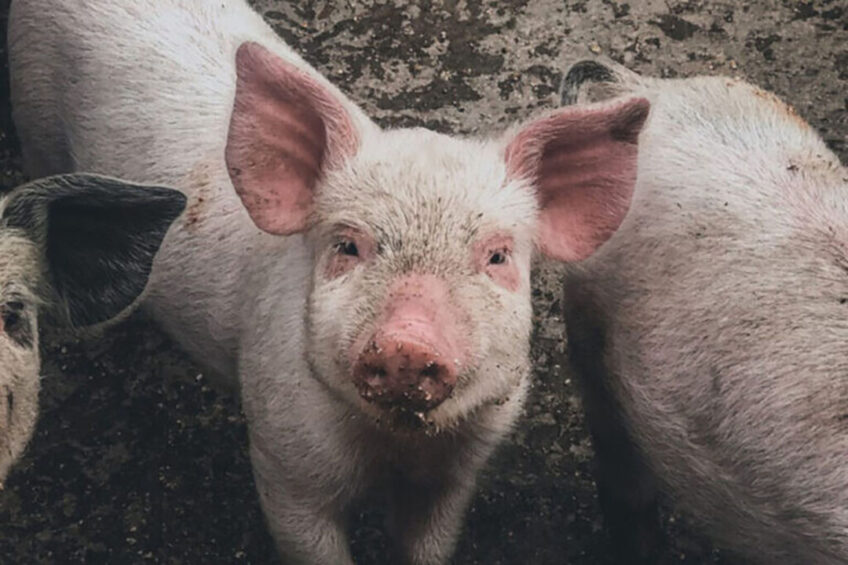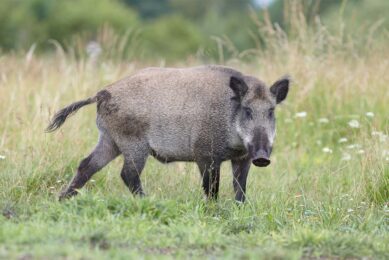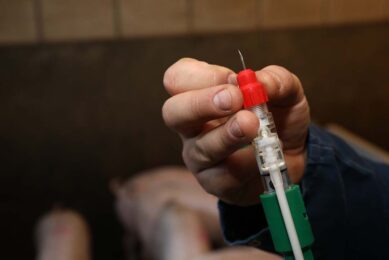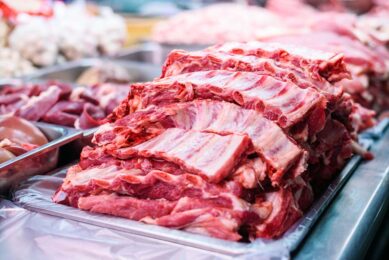ASF Philippines: DA to establish pig multiplier facility

The Department of Agriculture (DA) in the Philippines has approved a grant of around PHP5.5 million (€94,000) for the establishment of a bio-secured and climate-controlled pig multiplier facility in the city of northern Legazpi.
As reported by the Philippines News Agency, Mayor Geraldine Rosal, in an interview, said preparations are underway for the construction of the piggery building on a 3.2-ha land area. Rosal said the project, which is part of the government’s Integrated National Swine Production Initiatives for Recovery and Expansion (“Inspire”), will contribute an additional supply of pigs to help stabilise the prices of pork in the market.
“The piggery facility project would be a safer place for raising pigs to make sure that the animals are free from any diseases and viruses to sustain the pig industry in the community, and also give an additional income to all the members of the cooperative,” Rosal said.
Of the budget, PHP4.1 million (€70,000) will fund the construction of the facility, PHP900,000 (€15,000) for the purchase of an initial 150 pigs and PHP500,000 (€8,600) will be used to buy feed. The DA will supervise the construction of the building which is expected to be finished in the first quarter of 2023.
Virology-related projects
The Philippines government continue to unveil projects in a bid to rescue the ASF-hit pig industry. The Department of Budget and Management (DBM) has earmarked around PHP419.3 million (€7.2 million) for virology-related projects. Part of the funds will be used for the development of a real-time polymerase chain reaction (PCR) for point-of-need detection of the ASF virus.
Budget secretary Amenah Pangandaman said the fund allocation demonstrates the efforts of president Marcos’s administration to promote public health and safety.
“We need to be pro-active and fund for a Virology Institute composed of highly-trained experts who would conduct studies on emerging virus strains as quickly as possible and prepare us in case of health emergencies,” Pangandaman said.
ASF cases are not over in the Philippines
Amid the efforts to curb the ASF disease, cases continue to be recorded across the country. Citing a few example cases reported this month of September:
In Zamboanga city the number of barangays (villages) affected by ASF has increased to 31.
Following ASF detection on August 31, Santa Magdalena town ordered the depopulation of 39 backyard-raised pigs.
A total of 50 pig raisers who were recently hit by ASF in Bagac town, Bataan province received (on Sept. 1, 2022) sentinel piglets from the DA. The pig producers also received disinfectants, vitamins, and antibiotics for the piglets.
This September, ASF-affected North Cotabato town received 105 piglets.
Aurora province imposed a total ban on entry of live pigs, and pork products from August 30 to September 30.
Farmers equipped to produce own feed
Despite the challenge of ASF, farmers continue manoeuvring ways to keep their pig businesses thriving. In some provinces farmers are now producing their own animal feeds out of locally available raw materials to save on production costs. Backed by the DA and the city government, farmers in Santa Rosa were recently trained on how to produce their own feeds for pigs, cattle, and goats using corn as a major ingredient.
Emilio Miguel, chairperson of the Barangay Agricultural and Fishery Council in rural Santa Village, said in an interview that knowing the basic formula used in animal feed production is a big help to them as animal raisers.
“With the increasing prices of agricultural inputs, we are thankful that we were given the opportunity to learn how to produce feeds for our livestock. We don’t have to buy commercial feeds anymore,” he said in Ilocano.
As the holiday season nears, the focus across the country’s regions will be to get sufficient supplies of pork. The government officials are reminding pig transporters to acquire regulatory documents such as laboratory ASF testing results, veterinary health certificates, proof of registration on the animal facility registration of the Bureau of the Animal Industry, and issuance of shipping permits from the Bureau of Quarantine.
 Beheer
Beheer








 WP Admin
WP Admin  Bewerk bericht
Bewerk bericht